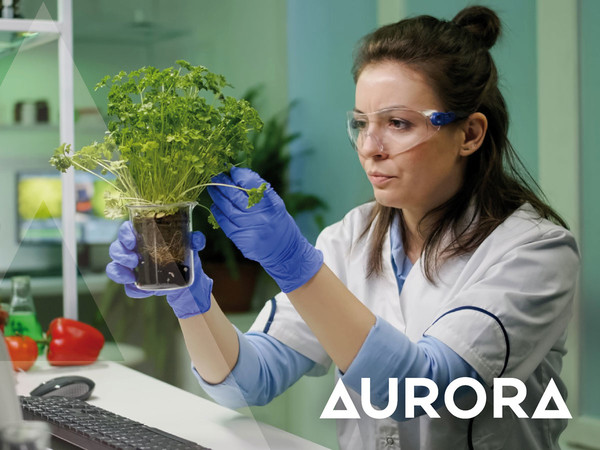Four projects involving Palacký University were successful in the second year of the Aurora European university network call for proposals aimed at supporting international research. Olomouc’s university is also a partner in the organisation of one of the specialised summer schools, and is sending one of its students on a short-term research internship.
The Call for Incentive Research Collaboration was announced at the end of last year as part of the Aurora 2030 programme supported by the European University initiative under the auspices of the European Commission. A total of 29 applications were received from all Aurora universities, nine of which received support totalling €125,000.
The Aurora Research Council evaluated not only scientific quality and originality, but also feasibility and contribution to the development of the international scientific community. Projects also had to demonstrate how they could contribute to the activities of Aurora Research-driven Educational Hubs, i.e., thematic research and education centres linking teaching and research.
“Sixteen applications were submitted on behalf of Palacký University – fourteen focused on scientific collaboration, one on a summer school, and one on a scientific research internship. Although UP did not win any projects as a coordinator this year, it was successful in four projects and one summer school as a partner. It will also send a student on a short-term internship,” said Marie Jadrníčková, Aurora Research Officer at UP.
Joint scientific research projects
The HONE (How Narratives Emerge) project examines how public narratives and debates – such as those concerning migration – emerge and spread, and how language influences society’s perceptions. Based on an analysis of political speeches, newspaper articles, and archival media, the team will monitor how even minor linguistic decisions, such as the choice of words or metaphors, can gradually shape public opinion. Ľudmila Lacková Bennett from the UP Faculty of Arts Department of General Linguistics is participating in the project on behalf of UP.
What is the composition of edible flowers and how do they affect digestion and health? Is their consumption safe and what are their effects? The results of the BLOOM-DIGEST project will help improve food safety, promote sustainable dining, and train new scientists. Sanja Ćavar Zeljković from CATRIN is involved in the project on behalf of UP.
EUROPARKS brings together researchers and representatives of European amusement parks to explore more sustainable approaches in this sector. It addresses the lack of research in the leisure industry, promotes collaboration between academics and companies, and explores new ways of sharing results. Vít Voženílek from the UP Faculty of Science Department of Geoinformatics is engaged in the project on behalf of UP.
Developing tools for the early detection of ecosystem damage is the goal of three teams in the SIHTED project. It focuses on tropical forests in Laos, which are very rich in species but threatened by intensive agriculture. Scientists will search for key indicators that will help monitor the environmental health before major damage occurs. Bořivoj Šarapatka from the UP Faculty of Science Department of Ecology and Environmental Sciences is taking part in the project on behalf of UP.
Thematic summer schools
A specialised summer school AQUARiQ will focus on quantum photonics. Its goal is to promote the exchange of knowledge and inspire further development of quantum technologies. The summer school builds on the global activities of the International Year of Quantum Science and Technology. Jaromír Fiuriášek from the UP Faculty of Science Department of Optics is the partner for UP.
Short-term scientific research internships
Alice Navrátilová, a doctoral student in migration studies at the UP Faculty of Arts Department of Sociology, Andragogy and Cultural Anthropology has been awarded a short-term scientific research internship through the YOUTHNET project, which examines the social networks of young people with a migrant background in Catalonia, Spain.
“We are delighted with the continued interest of our researchers in international cooperation within the Aurora alliance, believing that their efforts will also gradually lead to success in European grant calls,” Jadrníčková said in conclusion.
Further information on the results is available on the Aurora central website. New calls and other opportunities for UP students and staff are regularly published in Czech on UP’s Aurora website.
